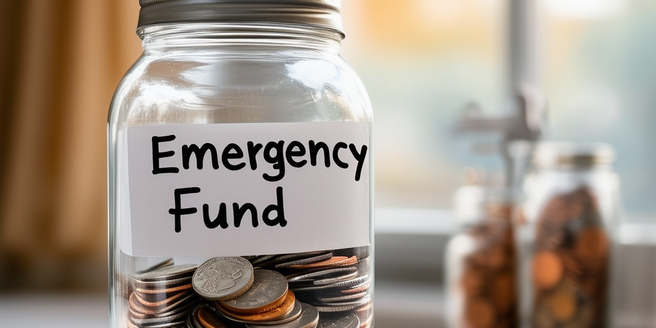
Understanding Your Credit Card Debt
The first step in overcoming setbacks during credit card repayment is gaining a comprehensive understanding of your debt. As part of this understanding, one must also be aware of the terms of their repayment, such as the due dates for each month’s repayment. Many people are unaware of the exact amount they owe, the interest rates on their debts, or even how many separate lines of credit they have open. To avoid any surprises, it’s important to carefully read all your loan and credit card agreements. Gaining this knowledge is crucial in creating an effective repayment strategy. It allows you to prioritize debts and allocate your resources effectively.
Creating A Solid Repayment Strategy
An essential component of overcoming setbacks during credit card repayment is an organized, realistic, and feasible repayment plan. This often involves scrutinizing your expenses and income to create a budget that works for you. Taking into account the interest rate on your credit card debt is a crucial part of this financial analysis. Without a comprehensive plan, you might make payments inconsistently, only pay the minimum, or spread your resources too thin. A solid plan includes details on how much to pay, when, and from what source. Recognizing the accumulation of your debts can help you strategize a reasonable payoff process.
Negotiating Lower Interest Rates With Creditors
A common setback during credit card repayment is the high-interest rates on outstanding debts. This can lead to the growth of your debt despite making regular payments. One way to counter this is by prioritizing paying off the debts with the highest interest rates first. Another effective strategy is to consider debt consolidation, which can effectively lower your overall interest rate. It’s important to try and negotiate with your creditors for lower interest rates; establishing a good communication line can help in this process. This strategy can save you thousands over time, decrease your repayment period, and make the repayment process more manageable.
Pontential Setbacks During Credit Card Repayment
While having a sound financial plan and comprehensive knowledge about your debts are essential for debt repayment, numerous unexpected obstacles can disrupt your plans, such as sudden medical bills or an unexpected job loss. These can significantly affect your pre-determined repayment plans or drain your savings, especially during unfavorable job market conditions. Even an increase in the cost of living due to economic shifts can affect your personal budget, leaving less for debt repayment. However, an emergency savings account can mitigate these setbacks, serving as a financial buffer and reducing chances of your debt repayment plan becoming derailed. Thus, it’s essential to set aside some money for emergencies while working towards debt repayment, ensuring steady focus, and avoiding delays in achieving financial freedom.
Effective Tips To Overcome Repayment Setbacks
Experiencing setbacks can often feel disheartening, but it’s vital to remember that flexibility and adaptability are keys to overcoming such problems. If you encounter financial difficulties, a possible solution can be adjusting your repayment plan, restructuring payments, or shifting timelines. Seeking professional advice, such as consulting with financial advisors or credit counselors, can provide objective, well-informed perspectives to help you navigate this tricky landscape. Maintaining a positive attitude, while might initially seem challenging, is also critical because setbacks are usually temporary, and optimism can inspire resilience and drive to persevere. Staying focused on your long-term goal anchors your actions and decisions, offering an overarching purpose that transcends the immediate situation, effectively guiding you towards overcoming your present challenges and achieving your long-term goals.
Maintaining Momentum And Avoiding Future Debt
Once you’ve overcome credit card debt, it’s vital to maintain momentum and seize control of your financial wellness. See debt repayment as the first step towards financial stability. Begin investing in your retirement and setting aside a portion of your income to ensure a secure financial future. Establish a robust emergency fund to protect against unexpected expenses that could lead back to debt. Cultivate budgeting skills through understanding your income and expenses to avoid overspending and future debt, imperative for a secure financial future. Financial discipline forms the backbone of all your financial decisions. Resiliency for unforeseen financial setbacks is paramount. Overcoming debt isn’t enough; a proactive approach including retirement investment, an emergency fund, continuous budgeting, and expense tracking is required. Constant financial discipline and resilience are key to preventing a return to debt and achieving financial freedom.
